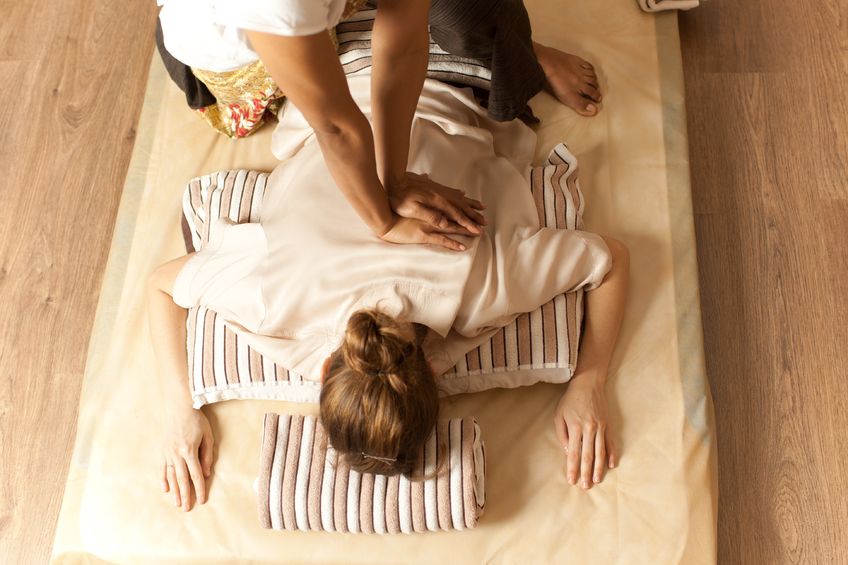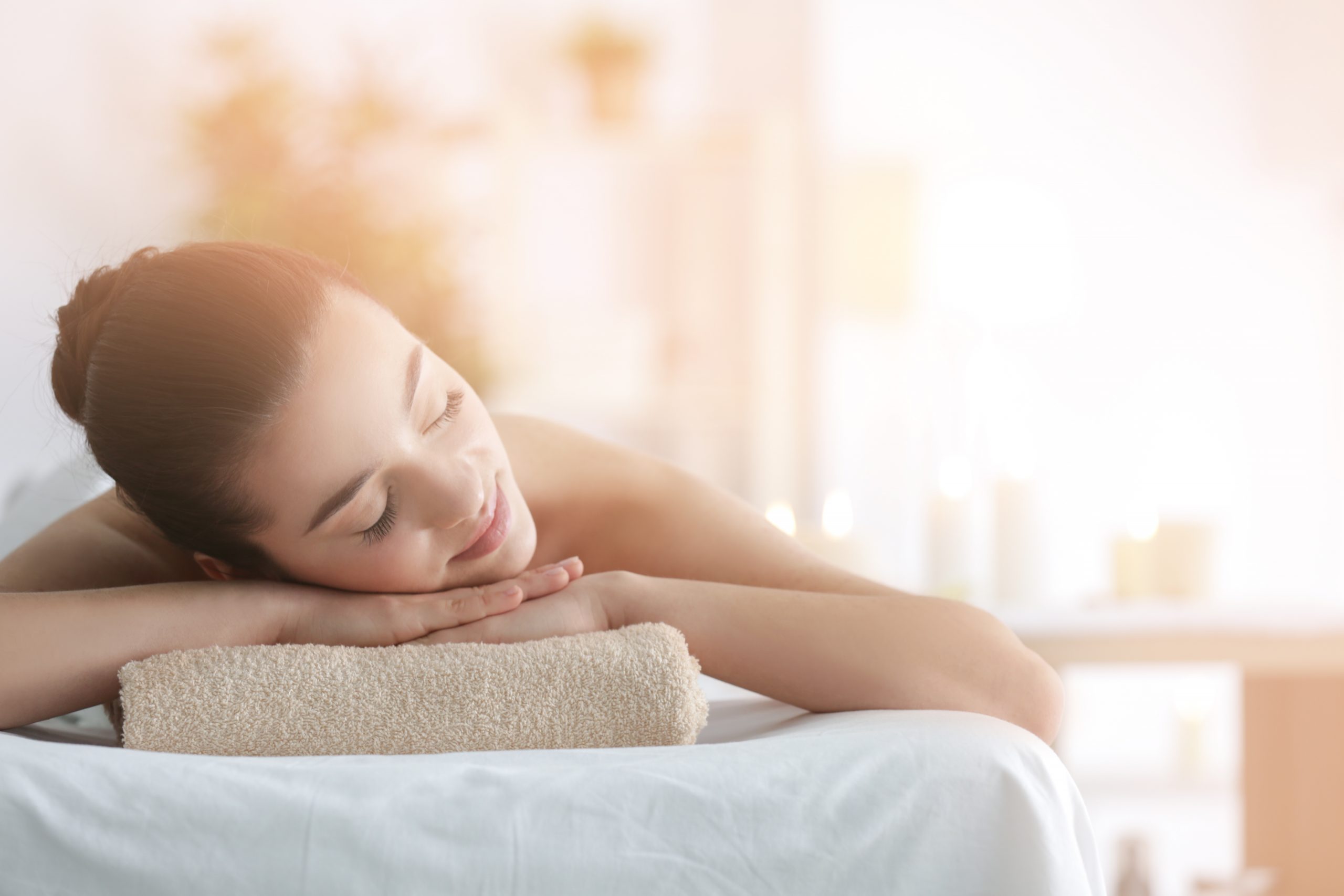
How a Thai Massage Differs from a Traditional Massage
Most individuals would readily agree that a massage, any massage, is wonderfully relaxing. In fact, few individuals are picky about choosing their massage type, and are perfectly content with receiving a traditional massage. It’s true, a traditional massage can be wonderful for an individual’s health–physically, emotionally and mentally–but there are other types of massages that are also highly beneficial. Thai massage is one of them.
How Thai Massage is Different
Thai massage was originally developed in Buddhist monasteries as a preventative health care method for the monks. It combines acupressure, assisted yoga postures and Ayurveda. Where traditional massage uses oil or lotion to rub out the muscles and joints of the body while the individual is resting nearly or completely unclothed under a sheet on an elevated massage table, Thai massage is normally administered on a padded mat or futon on the floor, without any oil or lotion and while the individual remains fully clothed. In traditional massage, the therapist normally only uses their hands and arms to massage the individual. In Thai massage, the therapist uses their hands, knees, legs and feet in order to move the individual into a series of yoga postures while simultaneously applying muscle compression, joint mobilization and acupressure.
Obviously from the description, it’s clear that Thai massage is far more invigorating than traditional massage. However, Thai massage done properly should not actually be painful. A properly licensed, trained and experienced Thai massage therapist should welcome feedback from his client and adjust the degree of pressure and stretching accordingly, so that you aren’t in pain. That said, when the therapist applies pressure to tender areas of the body, such as knotted muscles, it can be uncomfortable. There is still a difference between this type of discomfort, which can yet feel relieving as it gently works out muscle tightness, and the pain that would occur through inappropriate pressure application and stretching techniques.
Thai massage can be very helpful in relieving tension headaches, certain types of back pain, muscle spasticity and much more. It is not recommended for individuals who suffer from major health conditions like disk herniation, osteoporosis or cardiovascular disease, or for anyone who has had recent surgery. Many Thai massage therapists may even request that individuals receive clearance from their medical doctor prior to receiving a Thai massage, simply to ensure that it will not be detrimental to their health, and instead will be highly beneficial.
Love,
Gen



Leave a Reply